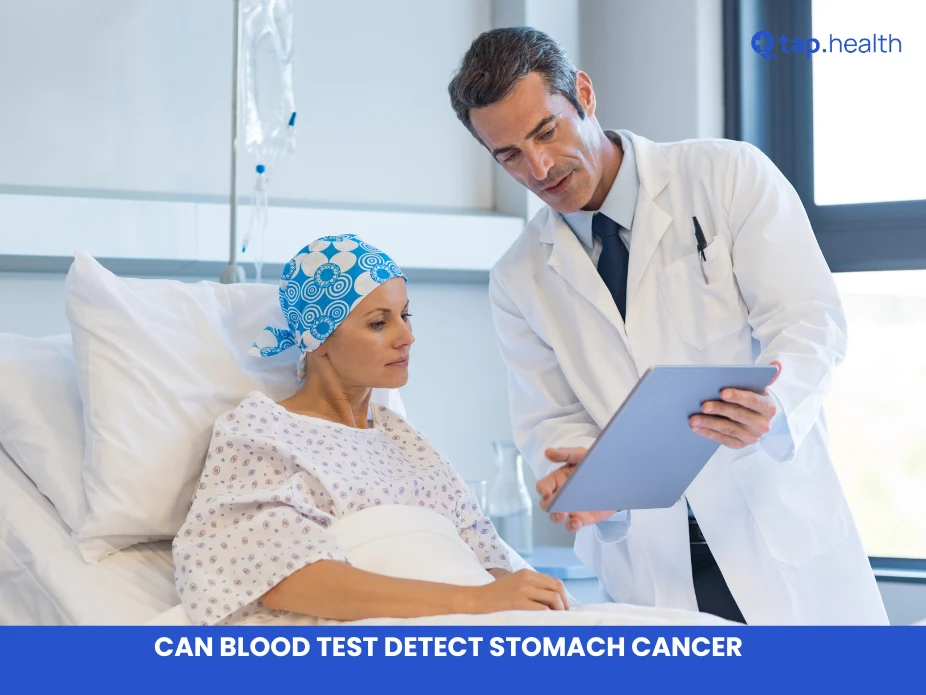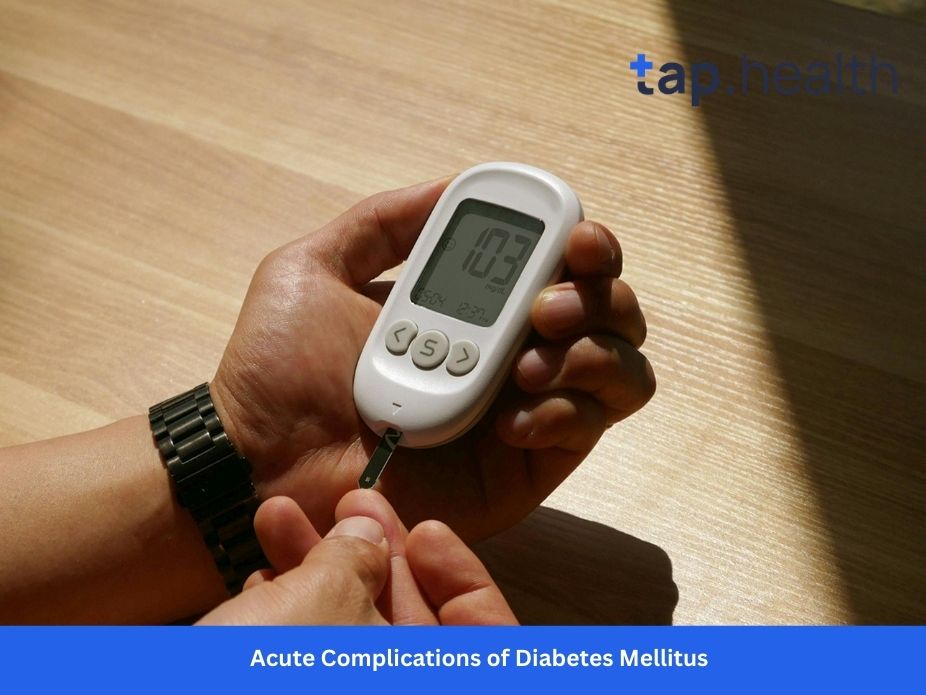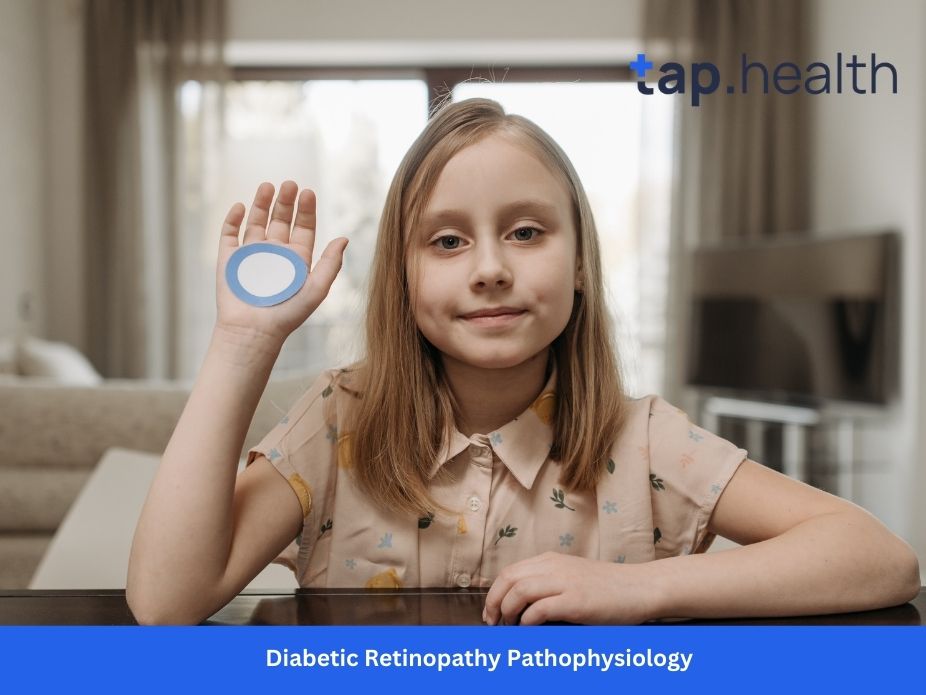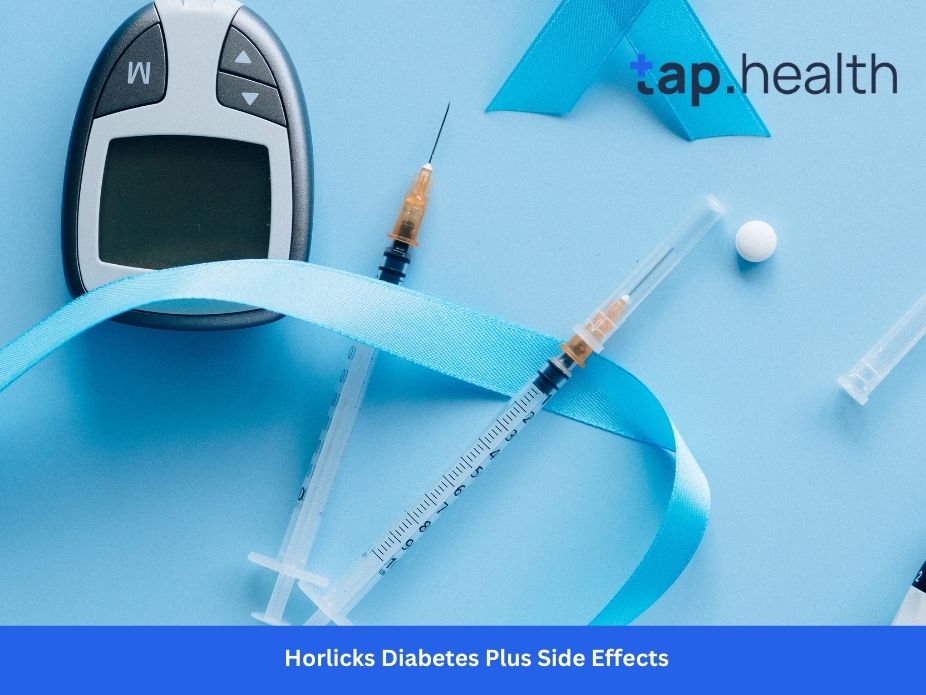Stomach cancer, also known as gastric cancer, remains a major health challenge worldwide and in India. Many people ask: can a simple blood test detect stomach cancer before symptoms become severe? While blood tests play an important supporting role, they cannot independently confirm gastric cancer. Here’s everything you need to know about blood tests for stomach cancer detection, tumor markers, and real diagnostic pathways.
What Is Stomach Cancer and Who Is at Risk?
Gastric cancer starts in the lining of the stomach. It is especially common in East Asia and parts of India due to diet and infection patterns. Key risk factors include:
- Helicobacter pylori (H. pylori) infection
- High-salt, smoked, or pickled food intake
- Smoking and tobacco use
- Family history and genetic syndromes
- Age over 50 and male gender
Early-stage stomach cancer often shows no clear symptoms, which is why people rely on screening questions like “Can blood tests detect stomach cancer early?”
How Do Blood Tests Help in Stomach Cancer Detection?
Blood tests provide clues rather than definitive answers. Doctors use them as the first step when symptoms like fatigue, unexplained weight loss, or persistent indigestion appear.
Common Blood Tests Used for Suspected Gastric Cancer
- Complete Blood Count (CBC)
- Detects anemia (common because of slow stomach bleeding)
- Shows low hemoglobin and red blood cells
- May reveal low platelets or high white cells due to inflammation
- Tumor Markers for Stomach Cancer
- CEA (Carcinoembryonic Antigen) – often raised in advanced cases
- CA 19-9 – more specific to pancreatic cancer but can be high in gastric cancer
- CA 72-4 – the most relevant marker for stomach cancer; higher sensitivity than CEA
- These markers help monitor treatment response and recurrence more than initial diagnosis
- Liver Function Tests & Blood Chemistry Checks if cancer has spread to the liver or affected overall metabolism.
Limitations of Blood Tests in Detecting Stomach Cancer
- Low Specificity: Elevated tumor markers can occur in pancreatitis, liver disease, smoking, or even benign ulcers.
- Poor Early Detection: Most markers rise only when cancer is advanced.
- False Negatives: Early gastric cancer may show completely normal blood results.
Because of these limitations, no medical guideline recommends blood tests alone for stomach cancer screening.
Gold Standard Tests for Confirming Stomach Cancer
Accurate diagnosis always requires:
- Upper GI Endoscopy with biopsy (the definitive test)
- CT or PET-CT scan for staging
- Endoscopic ultrasound to assess depth of tumor invasion
Blood tests only guide whether these invasive tests are urgently needed.
Real-Life Examples from India
Raj, 58, from Mumbai, felt constant tiredness. His CBC showed severe anemia. Prompt endoscopy revealed an early-stage tumor; he underwent successful surgery.
Anjali, 47, from Delhi, had treated H. pylori years ago. Routine monitoring showed rising CA 72-4 levels. Follow-up endoscopy caught a tiny lesion before it spread.
These stories show blood tests act as red flags that trigger lifesaving endoscopy.
Expert Insight on Blood Tests and Gastric Cancer
Leading oncologist Dr. Priya Sharma (AIIMS, New Delhi) explains: “Blood tests like CBC and tumor markers are useful screening tools, especially in high-risk patients, but endoscopy with biopsy remains the only way to confirm stomach cancer. Never rely on blood tests alone.”
How to Stay Ahead of Stomach Cancer Risk
- Get H. pylori tested and treated if positive
- Reduce salt, avoid smoked/pickled foods
- Quit smoking and limit alcohol
- Report persistent indigestion, unexplained anemia, or weight loss immediately
- If you have family history, discuss screening endoscopy from age 40–50
- Annual health check-ups with CBC for high-risk groups
Can a Blood Sugar Test Detect Diabetes Early?
Take control of your health today with TapHealth’s advanced 24/7 monitoring and instant expert guidance. Early detection saves lives — whether it’s stomach cancer or diabetes. Book your full health check-up package now and stay one step ahead. reputable sources to ensure accuracy and reliability. Some of these sources include:
These organizations offer comprehensive information on stomach cancer, its detection, risk factors, and treatment options.
FAQ on Can Blood Tests Detect Stomach Cancer?
Can a blood test alone detect stomach cancer?
No, blood tests alone cannot definitively detect stomach cancer. They can indicate potential risks or abnormalities that require further diagnostic procedures like endoscopy or imaging studies.
Which blood tests are used to help detect stomach cancer?
Common blood tests include Complete Blood Count (CBC), tumor markers such as CA 72-4 and CEA, and blood protein testing. These tests can suggest the presence of cancer but are not definitive.
What are the limitations of using blood tests for stomach cancer detection?
Blood tests lack specificity and sensitivity for stomach cancer, meaning they can produce false positives or miss the disease entirely. They should be used alongside other diagnostic methods for accurate detection.
How early can stomach cancer be detected through blood tests?
Stomach cancer is often not detected early through blood tests alone because significant changes in blood parameters typically occur in advanced stages. Early detection usually requires a combination of tests, including endoscopy.
Are there any specific markers in blood tests that indicate stomach cancer?
Markers like CA 72-4 and CEA can be elevated in stomach cancer, but they are not exclusively indicative of this disease and can be elevated in other cancers or conditions as well.
Can regular blood tests prevent stomach cancer?
Regular blood tests cannot prevent stomach cancer, but they can help in early detection when combined with other diagnostic procedures. Preventive measures include a healthy lifestyle and managing risk factors.
What should I do if my blood test shows elevated tumor markers?
If your blood test shows elevated tumor markers, consult your healthcare provider for further evaluation. Additional tests like endoscopy or imaging studies may be necessary to determine the cause.
Can lifestyle changes influence blood test results related to stomach cancer?
Yes, maintaining a healthy lifestyle can improve overall health and potentially reduce cancer risk. However, lifestyle changes alone cannot alter the genetic or biological factors that contribute to stomach cancer.
How reliable are blood tests in diagnosing stomach cancer?
Blood tests are not highly reliable for diagnosing stomach cancer on their own. They are useful as part of a comprehensive diagnostic approach that includes imaging and biopsy.
Should I get a blood test for stomach cancer if I have no symptoms?
If you have no symptoms and no risk factors, routine blood tests specifically for stomach cancer are generally not recommended. However, regular health check-ups are beneficial for overall health monitoring.
What are the common symptoms of stomach cancer that I should watch for?
Common symptoms include persistent indigestion, stomach pain, unexplained weight loss, loss of appetite, nausea, vomiting, and difficulty swallowing.
Can a family history of stomach cancer increase my risk?
Yes, having a family history of stomach cancer can slightly increase your risk due to shared genetic factors and family lifestyle habits.
How often should I get screened for stomach cancer if I have risk factors?
The frequency of screening depends on individual risk factors. Consult your healthcare provider to determine an appropriate screening schedule based on your personal and family medical history.
What treatments are available for stomach cancer if detected early?
Early-stage stomach cancer can often be treated effectively with surgery, chemotherapy, radiation therapy, or a combination of these treatments. The specific treatment plan depends on the cancer stage and overall health of the patient.
Understanding whether blood tests can detect stomach cancer is essential for proactive health management. While blood tests play a role in identifying potential risks, they are not standalone diagnostic tools. Combining blood tests with other diagnostic methods like endoscopy and imaging studies ensures a more accurate detection and timely treatment of stomach cancer. By staying informed, maintaining a healthy lifestyle, and seeking regular medical advice, you can take proactive steps to monitor and protect your health. Always consult with healthcare professionals to understand the best strategies for cancer detection and prevention tailored to your individual needs.



